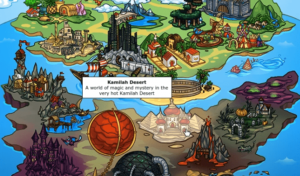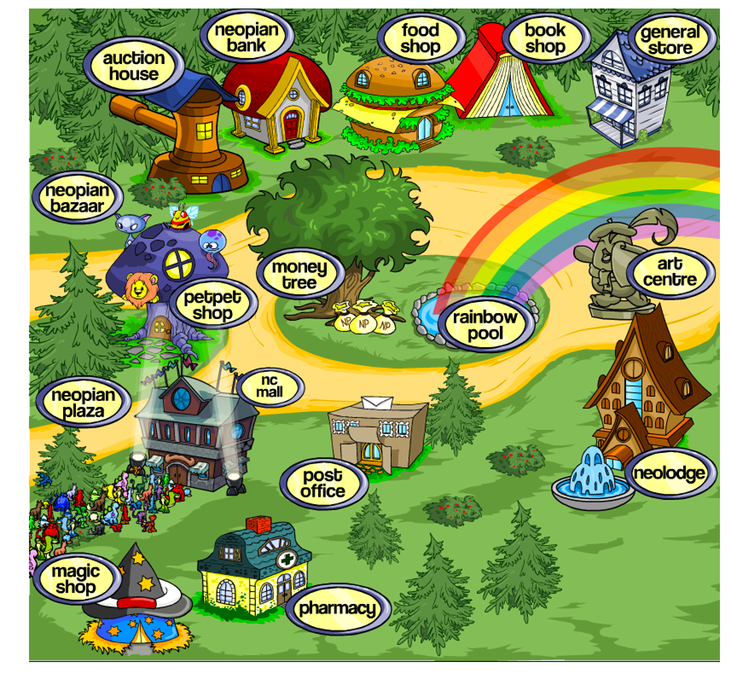
These are games that provide a "forum for engaging with the exceptional, the repulsive, the taboo, the dark, transgressive play" and a break from "the beautiful, the sanctioned, and the sacred". We wanted to highlight, as Sara puts it, "opportunities for children to construct types of secret spaces that once characterised childhood," rather than "adult-made embodiments of idealised visions of what children's play space should be".

Reading Sara's chapter led to this list of games that avoid the usual curtailment of children's speech with limitations, allowed phrases or the absence of verbal interactions. While such mechanisms are described largely as in children's best interests, in any other context they would almost certainly be classified as censorship". "Often safety manifests as programmed design limitations and systematic restrictions on children's freedom of expression. Sara Grimes Digital Playground book has a chapter on this topic. With digital spaces becoming increasingly important, the UN has recently stated that the Rights of the Child apply to the digital environment. While it's important to ensure our children are safe, the rush to lock down communication can limit the freedom they would have had to express themselves and make sense of the world with their peers. Worrying headlines about these conversations going wrong or being co-opted by adults means we rush to limit them. In fact, even if they do know online friends, it can still feel a bit worrying what might be said.


Children talking to people they don't know in a video game rings alarm bells.


 0 kommentar(er)
0 kommentar(er)
